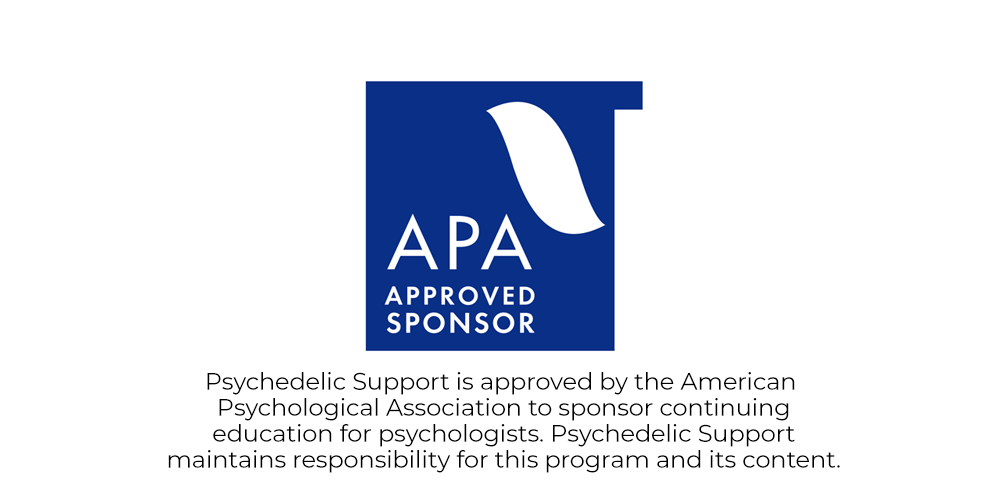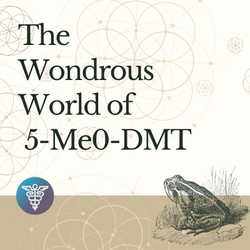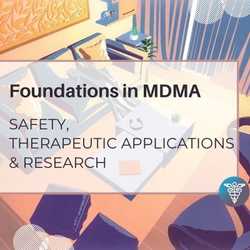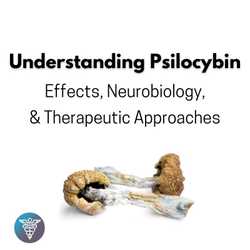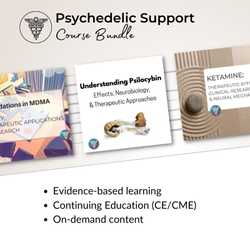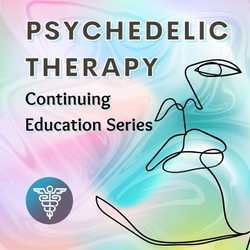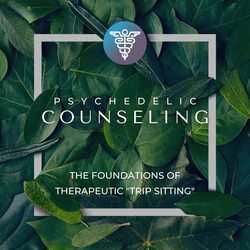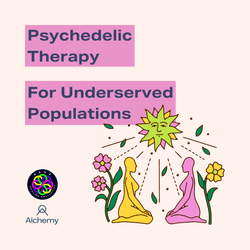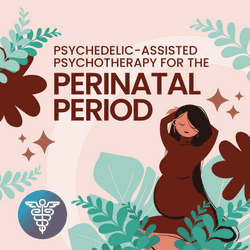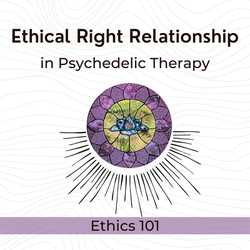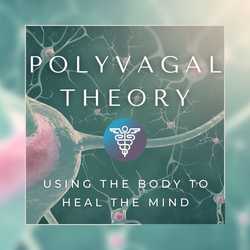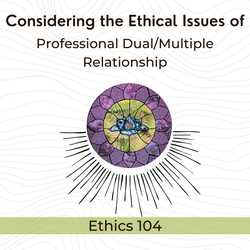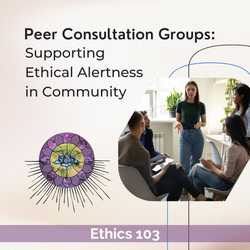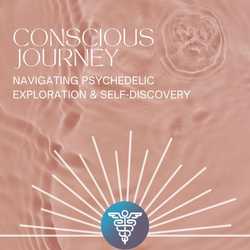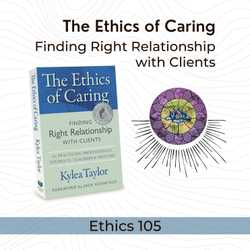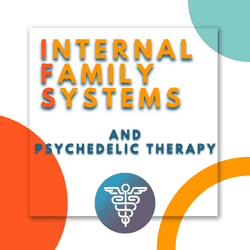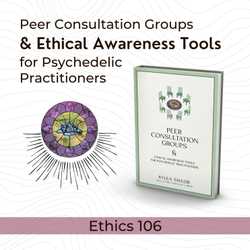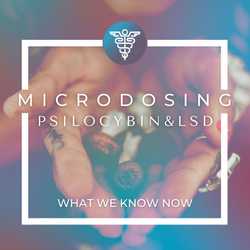Ethical Right Relationship in Psychedelic Therapy (Ethics 102)
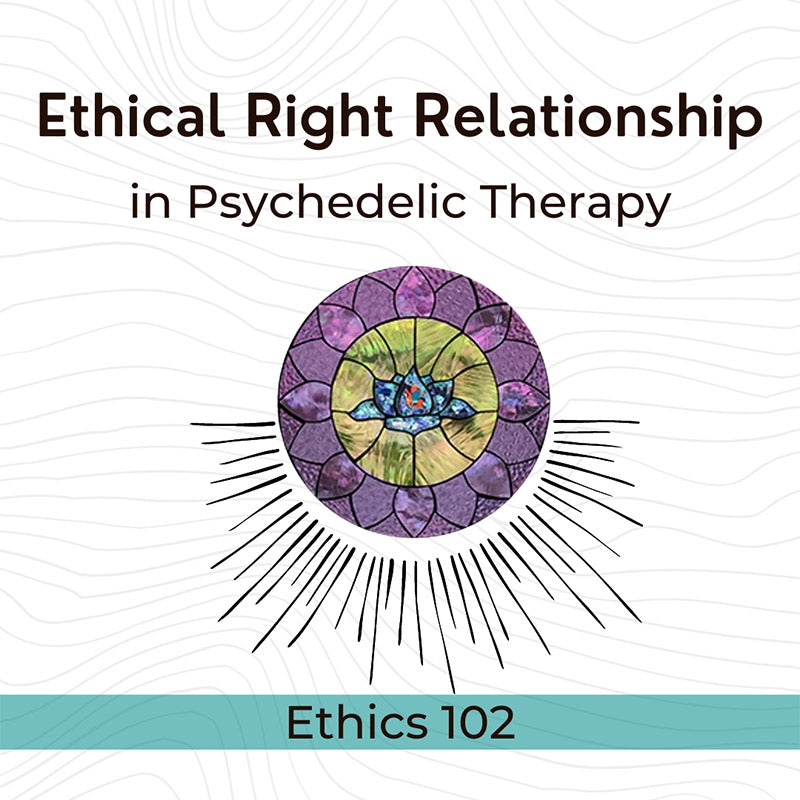
Ethical Right Relationship in Psychedelic Therapy (Ethics 102)
$0.00
Course Access
Guarantee
Learning
Course Description
Ethics goes beyond laws and guidelines. Ethical development requires an acknowledgement of relationship. Relationship is at the heart of healing, and it is ethics that are at the heart of any healing relationship. An ethical relationship is one that a client can trust.
The therapist using psychedelic-assisted therapy is responsible for creating the Right Conditions so that the inner healing capacity of the client can mobilize to do its work with the assistance of the psychedelic and therapeutic support.
This course provides a self-reflective and self-compassionate approach to Right Relationship. This internal approach puts our focus on motivations, attitudes, and biases—those deep, not always conscious urges that precede our behaviors with clients. Self-inquiry complements the external, behavioral approach of traditional ethics education (the laws, codes, and standards that guide our behavior)
This second part of the Ethical Right Relationship in Psychedelic Therapy course introduces students to two additional means to assist in a practical way with awareness and maintaining Right Relationship with clients in the therapeutic container.
**Bundle all 6 Ethics Courses to save 20% and earn an InnerEthics® Level 1 Certification**
Who is this course for?
This course is for professionals who are interested in psychedelic-assisted psychotherapy or in assisting clients with the integration of profound experiences. This ethical approach is helpful to anyone working in therapy, and this particular course is focused on self-management and trigger management for those working with patients or clients in the field of psychedelics: psychologists, therapists, mentors, physicians, medical professionals, bodyworkers, teachers, and guides.
Course Curriculum
- Client’s ethical needs in psychedelic-assisted psychotherapy.
- Common gaps in traditional Western ethical education models.
- Mindful, internal approach to ethics serves clients in psychedelic-assisted therapy.
- Ethical differences in therapy with clients who are in a non-ordinary state of consciousness and clients who are in an ordinary state of consciousness.
- Mindfulness for working ethically with vulnerable clients.
- Chart of Professional Vulnerabilities to Ethical Misconduct to identify one’s own motivations.
- Why self-compassion is a prerequisite for self-reflection.
Learning Objectives
After this course, you will be able to:
- Describe the ethical differences and special safety needs of clients in psychedelic-assisted psychotherapy.
- Apply mindfulness to ethical decision making to dilemmas that may occur during psychedelic-assisted psychotherapy.
- Analyze ethically precarious situations that may occur in professional/client interpersonal dynamics during psychedelic-assisted psychotherapy.
Professional Continuing Education
In support of improving patient care, Psychedelic Support offers continuing education for health providers through the the American Psychological Association (APA).
Testimonials
Meet your Course Instructors, Contributors, & Peer Reviewers:

Extra Info
- Online platform access: 1 year.
- After 1 year, renew your account for an additional year by purchasing any of our on-demand courses. All previously purchased courses will be accessible in your dashboard.
- 100% student satisfaction or money-back guarantee.
- For the best experience, we recommend taking the course on a tablet or computer.
- Course FAQ can be found here.
Self-paced course includes:
- Video presentation (70 minutes)
- Downloadable Course Syllabus
- Course Materials Booklet (28 pages), which includes:
- Course slides
- Descriptions of ethics awareness tools to help therapists:
- Identify motivations
- Recognize ethically precarious situations
- Identify conflicts of interest
- Assess the therapeutic container for a balance of safety-appropriate risk, and intra- and inter-personal support
- Downloadable References & Resources
- Discussion forum to engage with other learners and instructors
- Knowledge checks
- 1-year access to our online learning platform
- Access to videos from our past speaker series events
- Official Psychedelic Support Certificate
- Optional 2-hour continuing education (CE) credit for licensed professionals, including psychologists, therapists, social workers, etc.
Choose the Continuing Education (CE) option for:
- 2 hours of continuing education (CE) credits
- CE Certificate for licensed professionals, including psychologists, therapists, nurses, social workers, etc.
- See below for more information about continuing education
Certificate Information
Interested in the different certificate options for our courses? Read on to learn more:
Once you complete the course, you will receive a Psychedelic Support Certificate of Completion. Choose this option if you are not a licensed health provider and do not need continuing education credit for your professional degree.
Once you complete the course, you will receive a Psychedelic Support CE Certificate. Choose this option if you are a licensed health provider seeking continuing education credit for your professional degree.
- Be sure to select the CE credit option when purchasing the course.
- Upon completion of the course, you will receive a Certificate of Attendance for your credits.
- CE credits for psychologists are provided by Psychedelic Support, an APA-approved CE sponsor.
- Psychedelic Support is approved by the American Psychological Association to sponsor continuing education for psychologists. Psychedelic Support maintains responsibility for this program and its content.
- The California Board of Behavioral Sciences accepts CE credits for LCSW, LPCC, LEP, and LMFT license renewal for programs offered by approved sponsors of CE by the American Psychological Association.
- LCSW, LPCC, LEP, and LMFTs, and other mental health professionals from states other than California need to check with their state licensing board as to whether or not they accept programs offered by approved sponsors of CE by the American Psychological Association.
- FFor questions about receiving your Certificate of Attendance, to request special accommodations, or report a grievance contact Psychedelic Support info@psychedelic.support.
